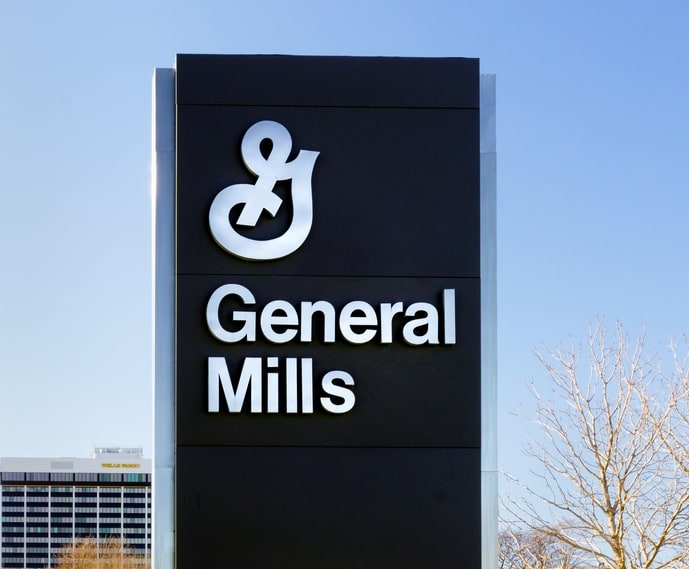
General Mills (NYSE: GIS), home of over 100 household brands including Yoplait, Cheerios, Nature Valley, and Pillsbury, has seen an increase in sales in some areas, but an overall decline in profit, leading to an anticipated slashing of 625 jobs.
The Minneapolis-based manufacturer announced its plan to eliminate the positions by the end of 2019, according to a report by Reuters. The company cites a desire to “reduce costs amid slowing sales of its Yoplait yogurt, as well as rising commodity and freight expenses.” In March, FreightWaves’ Zach Strickland covered General Mills’ CEO Jeff Harmening’s announcement that the company saw “an unprecedented rise in logistics costs” and was “a quarter late in reacting” to the change.
In June, FreightWaves’ John Paul Hampstead followed up on the story, adding that “General Mills had to quadruple its reliance on the trucking spot market in that quarter.” Harmening explained: “North American freight spot prices were near 20-year highs in February. Higher freight costs are impacting our raw material prices [and] the cost to ship materials from our suppliers to our factories has risen significantly. And we’ve seen higher prices in some key commodities including grains, fruits and nuts, further heightening the inflationary dynamic.”
Looking at the Cass Truckload Linehaul Index, a proprietary index that measures market fluctuations in per mile truckload linehaul rates, there was an 8% jump in costs from August to December 2017. In the 24 months preceding, costs were relatively flat, moving slightly down 0.34% from August 2015.
In its fiscal 2018 results released June 27, General Mills recorded “more than $150 million in restructuring and impairment costs” and a 13% profit decline to $354.4 million despite a 2.2% sales increase to $3.89 billion.
“In the fourth quarter of 2018, we approved global cost savings initiatives designed to reduce administrative costs and align resources behind high growth initiatives. These actions will affect approximately 625 positions,” the release stated. The changes are said to be part of “several multi-year restructuring initiatives designed to increase our efficiency and focus our business behind our key growth strategies,” according to General Mills.
Cuts are nothing new for General Mills—in 2016, following a period of “declining U.S. sales,” General Mills eliminated 1,400 positions worldwide, according to reporting by Fortune. “Last month, General Mills reported an overall 2.8% increase in retail sales for its fiscal fourth quarter, but U.S. retail sales still decline[d] 12% in that period.” The company—as of May 2017—employed 38,000 people across the globe.
This announcement follows news reported by the Wall Street Journal that U.S. yogurt sales have declined “5% in its fourth quarter” this year. General Mills has also raised prices on its products, beginning to sell “smaller boxes of cereal at a higher price-per-ounce.” Still, General Mills has attempted to adapt to consumers who are “turned off by artificial colors and sweeteners” by introducing “an all-natural, lower-calorie yogurt that it hopes will bring back customers” looking for healthier options.
General Mills is not alone in navigating the needs of modern consumers. “General Mills and other packaged-food makers have struggled to figure out what consumers want to eat as shoppers turn away from their mainstay products and look for ones seen as healthier and less processed,” the Wall Street Journal stated.
As of Friday afternoon, shares of General Mills were down 24% year to date.
Stay up-to-date with the latest commentary and insights on FreightTech and the impact to the markets by subscribing.
